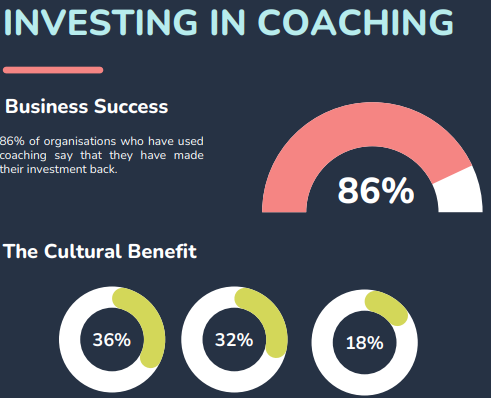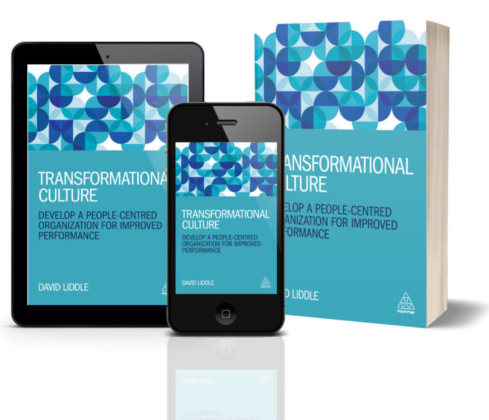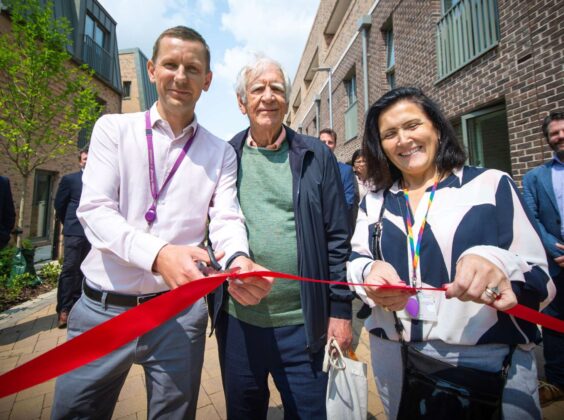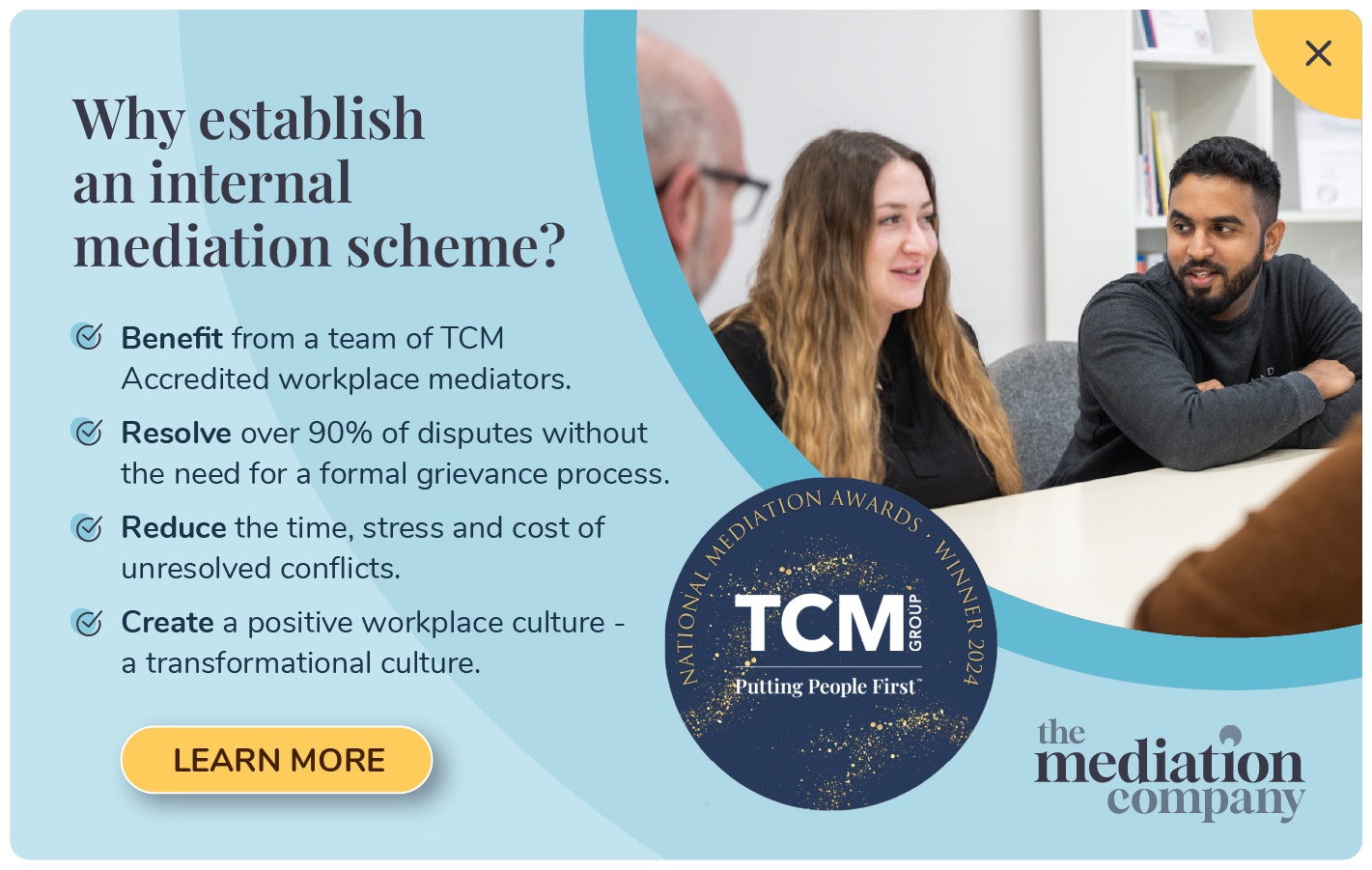
Share article:
Tags:
The 2023 Edelman Trust Barometer report has just been released, revealing insights into the state of trust in institutions around the world. This year’s report shows that trust is in a precarious position, with many people feeling uncertain and sceptical about the institutions they rely on.
One of the key findings of the report is that trust in government has decreased significantly in many countries. In particular, there has been a sharp decline in trust in governments’ ability to manage crises and provide accurate information to the public. This trend has been fuelled in part by the COVID-19 pandemic, which has highlighted the importance of effective government leadership and communication.
Where does that leave the workplace?
Perhaps always a balancing act of power, trust in businesses has otherwise remained relatively stable. Without a government to rely on and trust in, it seems that people are looking to their employers to fill the trust gap left by governments. This means that companies have an opportunity to play a larger role in society.
In particular, the report highlights the growing importance of employee trust. It’s proven that companies that prioritise transparency, communication, and employee wellbeing are more likely to earn the trust of their employees, which in turn can help build trust with customers and the wider community.
Overall, the 2023 Edelman Trust Barometer report paints a complex picture of trust in institutions around the world. While there are certainly challenges to be faced, there are also opportunities for businesses and other institutions to build trust by prioritising transparency, communication, and ethical behaviour.
Why is trust important at work?
Trust is a crucial factor in the relationship between employees and their organisations. When employees trust their organisation, they are more likely to be engaged, motivated, and loyal. They are also more likely to be open and honest in their communication, which can lead to better collaboration and more effective problem-solving.
On the other hand, when employees do not trust their organisation, they may feel disengaged, demotivated, and even resentful. They may also be less likely to speak up about problems or challenges, which can lead to a lack of innovation and missed opportunities. All of these small buds of discontent can fester and bloom into conflict, costing businesses excessive amounts of money, stress and time. Trust, it seems, is a win-win exercise for both employees and employers.
How can businesses foster a greater sense of trust?
1. Transparency
One of the key factors in building trust between employees and their organisations is transparency. When organisations are transparent about their goals, strategies, and decision-making processes, employees are more likely to feel that they are being treated fairly and that their opinions matter. Transparency can also help to build a culture of accountability, where leaders and employees alike are held responsible for their actions.
2. Communication
Communication is another important factor in building trust. When leaders communicate effectively with employees, they are more likely to understand the organisation’s goals and strategies, as well as their own role in achieving them. Communication can also help to build trust by providing opportunities for feedback and discussion, which can help to build a sense of collaboration and shared ownership.
3. Wellbeing
Employee wellbeing is also a key factor in building trust. When organisations prioritise the health, safety, and wellbeing of their employees, they are more likely to earn their trust and loyalty. This can include providing opportunities for professional development, offering flexible working arrangements, and creating a supportive work environment.
Ultimately, building trust between employees and their organisations requires a commitment to ethical behaviour and accountability. When organisations prioritise values of honesty, fairness, and transparency in all their interactions, they are more likely to earn the trust of their employees and create a culture of engagement, innovation, and success. How companies build those cultures is up to them, but a business that embeds practices and processes centred around values-based, people-centred and purpose-driven principles is bound to be well on the road to trust.












